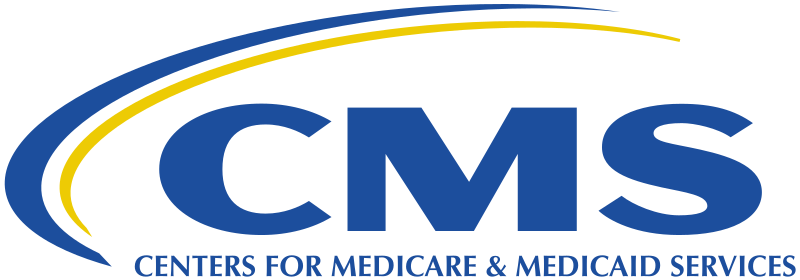Addressing Health Equity for Rural, Tribal, and Geographically Isolated Communities
The term “rural, Tribal, and geographically isolated” (RTGI) encompasses a diverse range of communities, including non-micropolitan areas, frontier regions, Tribal lands, islands, and US territories. These areas often face unique challenges due to their remote locations and limited resources. However, they also possess important strengths, including strong community ties. Many RTGI communities are vital to national and local economies through their contributions to agriculture, fisheries, drinking water, recreation, and energy. Despite their importance, RTGI communities experience significant population health disparities compared to urban areas, driven by geographic isolation, limited health care infrastructure, and socioeconomic barriers. Health equity and access to health care in these regions are pressing concerns, as residents often encounter substantial barriers to health care, including inadequate transportation, limited broadband access, and fewer health care providers.
Geography is an important consideration for health outcomes and systems as population health in RTGI areas is influenced by factors such as higher rates of chronic diseases, behavioral health issues, and lower life expectancy. Barriers to accessing high-quality health care include not only physical distance but also Social Determinants of Health (SDOH) such as economic instability, educational limitations, and environmental factors. Many RTGI communities are designated as Medically Underserved Areas and Health Professional Shortage Areas. The US territories and Tribal Nations face similar challenges as rural areas due to geographic isolation, such as lack of broadband access, higher poverty rates, inadequate transportation, and health workforce shortages. As a result, these communities are often included in CMS programs designed for rural areas in order to address overlapping challenges and improve health outcomes. Increased attention to RTGI communities is essential to addressing health disparities and promoting equitable access to health care.
CMS Strategic Priorities Related to Rural Health
CMS’ goals are to ensure that every person can access the care they seek at an affordable cost, eliminate avoidable differences in health outcomes, and provide the care and support people need to thrive. CMS is actively engaged in addressing and improving health outcomes in RTGI communities through a range of strategic priorities across all its centers and offices. These include:
The CMS Strategic Pillars: These pillars guide the agency’s overall direction and include advancing health equity, improving the quality of care, and strengthening the nation’s health care infrastructure. These priorities are interwoven into all CMS initiatives and policies to ensure comprehensive support for everyone CMS serves.
The CMS Framework for Health Equity 2022–2032: This long-term framework defines health equity as the attainment of the highest level of health for all people, whereby every person has a fair and just opportunity to attain their optimal health regardless of their race, ethnicity, disability, sexual orientation, gender identity, socioeconomic status, preferred language, and geography – including whether they live in a rural or other underserved community. The framework emphasizes the importance of addressing social determinants of health and implementing policies that promote equitable health care access and outcomes. The CMS Framework for Health Equity builds on the Biden-Harris Administration’s commitment to advancing racial equity and support for underserved communities through the federal government.
The CMS Framework for Advancing Health Care in Rural, Tribal, and Geographically Isolated Communities: This framework outlines the specific strategies and actions CMS is taking to improve health outcomes in RTGI areas. It focuses on community partnerships, enhancing data collection and transparency, and tailoring CMS programs to meet the needs of RTGI populations.
The Rural Health Cross-Cutting Initiative: This initiative is specifically designed to address the unique needs of RTGI populations by improving access to care, enhancing health care delivery systems, and fostering innovation in rural health practices.
The Rural Health Council: The CMS Rural Health Council convenes members across CMS to enhance health care access and innovation in RTGI regions and facilitate discussions on the impact of CMS policies on rural communities. Additionally, the Council supports Rural Health Coordinators from each Regional Office who regularly engage with rural communities.
Purpose of this Report
This report provides an overview of CMS’ efforts to advance health equity and improve health outcomes in RTGI communities during fiscal year (FY) 2024 in alignment with the CMS RTGI Framework. This report examines various programs and policies implemented across all CMS centers, focusing specifically on activities with relevance to and impact on RTGI communities.
The scope of this report encompasses a wide range of CMS activities, from policy and regulatory activities to outreach and community engagement, all aimed at addressing the unique challenges RTGI communities face. By highlighting these efforts, the report demonstrates CMS’ ongoing commitment to ensuring that all Americans, regardless of their geographic location, have access to high-quality, affordable health care.

